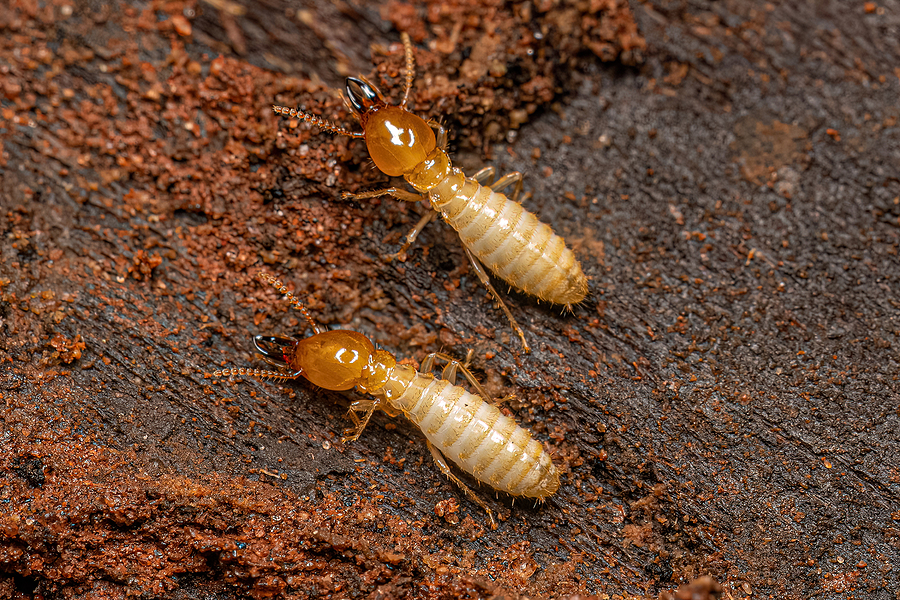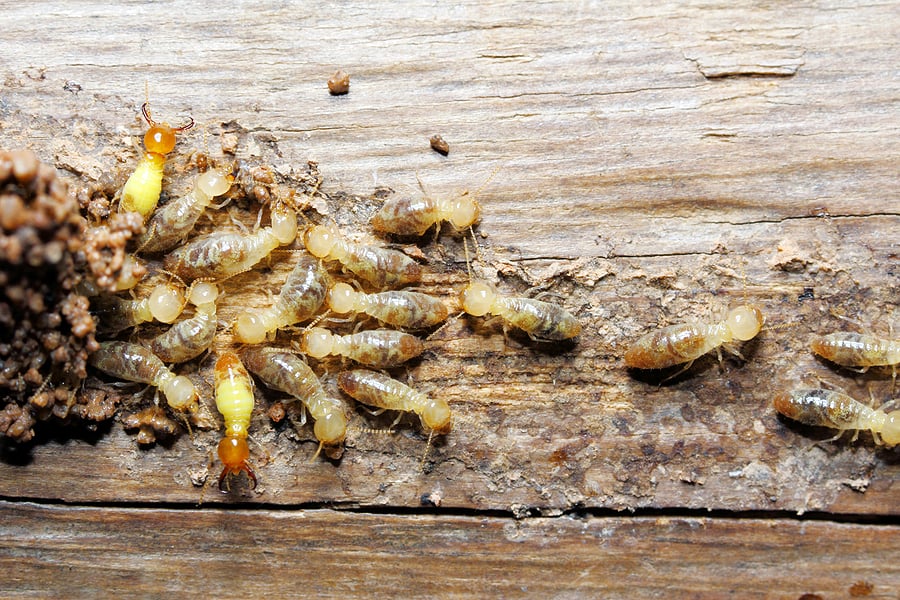Ecological Impact of Insect Control: Balancing Efficiency With Sustainability
The ecological effect of bug control is an essential concern that requires a delicate balance between achieving efficiency in taking care of parasites and ensuring sustainability of our ecosystems. From the use of damaging chemicals that leak into our dirt and water to the unintentional consequences on non-target types, the effects of conventional pest control practices are significant.
Dangerous Chemicals in Bug Control
The usage of hazardous chemicals in pest control poses considerable environmental and health and wellness threats that call for cautious factor to consider and reduction approaches. Insecticides, herbicides, and chemicals are frequently utilized to eradicate parasites, however their prevalent application can cause unexpected repercussions. These chemicals can infect dirt, water sources, and the air, impacting not just the targeted bugs but also advantageous bugs, wildlife, and people.

To attend to these dangers, incorporated bug management (IPM) methods are being advertised as a more lasting option. IPM involves a mix of approaches such as biological control, environment manipulation, and the targeted use pesticides as a last hope (ant control raleigh nc). By adopting an alternative method to pest control, we can lessen the environmental and health impacts connected with dangerous chemicals while efficiently taking care of pest populaces
Influence On Non-Target Species
Thinking about the unintended effects of pest control methods, the influence on non-target types is an important facet that calls for detailed examination. While bug control measures aim to target specific insects, various other organisms in the community might be unintentionally influenced. Non-target types, consisting of beneficial pests, birds, animals, and even plants, can endure indirect or direct damage from chemical applications or organic control approaches.
Pesticides can have sub-lethal or deadly impacts on non-target species. Pesticides created to deal with a specific bug pest might damage pollinators like or natural predators such as ladybugs. Additionally, chemical deposits can build up in the setting, impacting non-target organisms in time. Organic control agents, if not species-specific, can pose dangers to unintended targets, interrupting the ecological equilibrium.
To minimize the effect on non-target types, incorporated insect monitoring (IPM) approaches that stress an all natural method to pest control are recommended. These techniques prioritize using eco-friendly practices, lessening harm to advantageous organisms while effectively managing pest populaces. Performing extensive threat analyses and checking the outcomes of insect control efforts are vital action in securing non-target types and promoting general community health.
Soil and Water Contamination
Unplanned ecological repercussions of insect control techniques extend beyond affecting non-target types, with significant effects for dirt and water contamination. Chemicals, herbicides, and chemical plant foods utilized in pest control can leach into the dirt and pollute groundwater, posing a hazard to both marine and earthbound ecosystems. Dirt contamination can interrupt the equilibrium of microbes essential for nutrient cycling and plant development, resulting in decreased dirt fertility and efficiency. Furthermore, these chemicals can continue the environment for prolonged periods, collecting in the soil and potentially entering the food web.
Water contamination is another critical concern connected with parasite control practices. Drainage from agricultural fields treated with pesticides can carry these chemicals right into neighboring water bodies, impacting aquatic organisms and water top quality. Contaminants in water resources can have significant consequences, affecting not just marine life but additionally human health and wellness with the usage of polluted water or aquatic microorganisms. To mitigate soil and water contamination from pest control activities, integrated parasite monitoring strategies that focus on sustainability and decrease chemical inputs are important.
Air Air Pollution From Pesticide Usage
Exposure to airborne chemicals throughout agricultural applications poses a significant problem for air contamination control actions. Additionally, chemical drift, where chemicals are brought by the wind to unintended locations, can lead to the contamination of neighboring ecosystems and water bodies.

Methods for Lasting Parasite Control
In the realm of farming practices, applying lasting insect control methods is vital for preserving environmental balance and protecting plant yields. Sustainable insect control emphasizes making use of eco-friendly methods to take care of parasite populaces efficiently while reducing harm to non-target microorganisms and communities. Integrated Pest Management (IPM) is a commonly adopted method that integrates biological, social, physical, and chemical control approaches to attain lasting bug management remedies.
One secret technique in lasting parasite control is my sources promoting biodiversity within agroecosystems. By boosting natural enemies of bugs, such as parasitoids and predators, farmers can reduce the demand for artificial chemicals. Crop turning and diversification are also reliable strategies to disrupt pest life process and create less favorable problems for pests to flourish. Furthermore, utilizing pest-resistant crop selections and employing strategies like catch cropping can aid minimize insect stress without depending heavily on chemical treatments. Ultimately, by integrating these sustainable parasite control approaches, farmers can accomplish a balance in between pest monitoring efficiency and ecological stewardship.
Conclusion
In final thought, the ecological effect of bug control methods should be carefully considered to balance efficiency with sustainability. Hazardous chemicals used in pest control can result in soil and water contamination, air contamination, and harm non-target varieties - ant control. It is important to implement sustainable bug control techniques to decrease these negative effects on the atmosphere and advertise a much healthier community for future generations
By embracing an all natural method to pest control, we can lessen the ecological and wellness impacts associated with damaging chemicals while properly taking care of pest populations.

To minimize the air pollution created by pesticide usage, it is vital to take on integrated parasite monitoring methods that prioritize the use of non-chemical parasite control methods, such as plant rotation, natural killers, and immune crop ranges. Sustainable bug control stresses the use of environmentally friendly approaches to manage bug populations successfully while minimizing harm to non-target microorganisms and ecosystems. Integrated Bug Management (IPM) is a commonly taken on approach that integrates organic, social, physical, and chemical control techniques to attain long-term parasite administration solutions.
Comments on “Specialist Termite Control Services: Secure Your Home from Termite Damages”